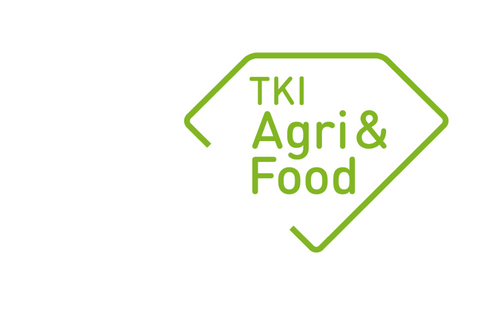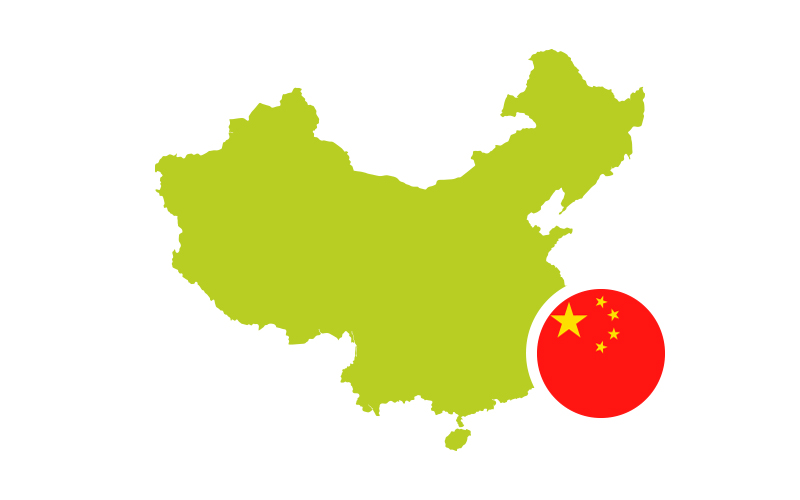Projecttitel: Feeding China Sustainably with Precision Livestock Farming
Projectnummer: SMP-1501
Kernthema: Resource Efficiency
Looptijd: 2015
Budget: € 50.000
Projectleider: Xin-Ying REN
Kennisinstelling: Wageningen UR
Projectpartners: Embassy of the Kingdom of the Netherlands in China, China Animal Husbandry Group, Chinese Academy of Agriculture Science, Fancom, Guangxi Academy of Science, Litams, Nedap Livestock Management, New Hope- Liuhe Group, Rabobank Nederland Shanghai Branch, Shineway Group, U-byte, Vereijken Hooijer.
Samenvatting
With a population of 1.3 billion, China demands 39kg pork meat per capita (2014 data). Not only does China consumes half of the total world’s pork , but also it produces half of world’s pork. Still China remains a net pork import country, although the country strives to reach self-sufficiency in 2015. China’s fast growing economy lifts incomes to levels where meat, and specifically pork, becomes a much demanded component in the daily food intake. Hence, demand for pork has been growing much faster than the population. It has allowed the Chinese pig industry to expand very quickly over the past decades. Consequently, farm upscaling, modernization, automation, integrating vertically from up-to-downstream are on the way to rapid expansion. Large-scale farms now accounts for 67% of Chinese pig and pork production. It is believed that industrial-sized operations are the true source of food quality and safety problems in China. At the same time, China grows concerned with the environmental costs of more pork production.
Therefore, China must create an efficient, yet safe and sustainable pork sector. This requires knowhow of value chain management, better high-tech facilities (such as housing systems with welfare concept, with sensors to monitor individuals’ needs precisely), more efficient farming to reduce feed waste and optimize production, mechanization and ICT supported automation for better farm management and risk management. These are the challenges for China to address in the process of upgrading and at the same time are also opportunities for Dutch pig industry which has more advanced knowledge and experience to offer, such as Precision Livestock
Farming (PLF) and innovative high-tech farm facilities.
PLF is the application of ICT in housing and feeding systems to create management tools whereby the performance of individual animals are monitored. PLF is based on continuous automatic real-time monitoring and control of production/reproduction, animal health and welfare, and the environmental impact of livestock production. The aim is to combine ”sensing” hardware with intelligent software in order to extract information from a wide range of data. PLF provides a user-interface which is mostly a mobile application, which can reach millions of farmers easily. It creates added value by helping to secure improved health, welfare, yields and environmental impact and to enhance sustainable development of pig production in China. In addition, it has a
beneficial effect on food safety and biosecurity in general.
Links
Deel dit bericht


